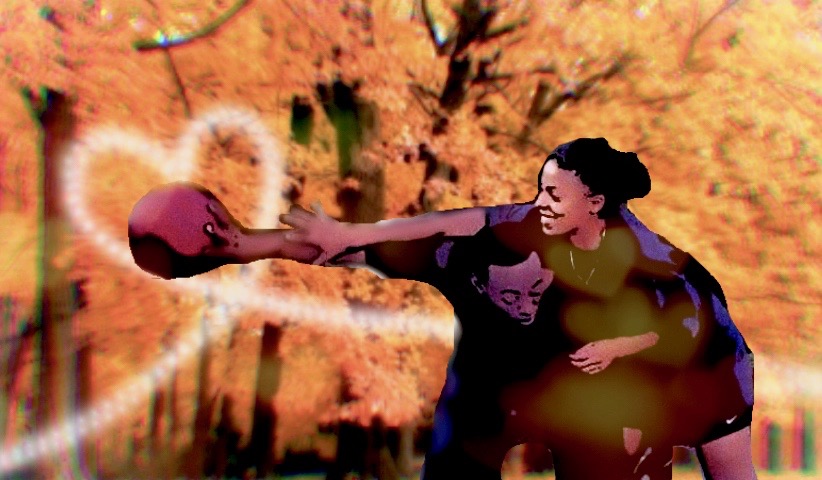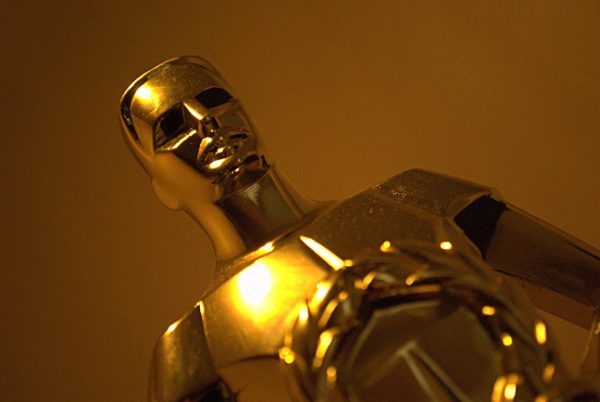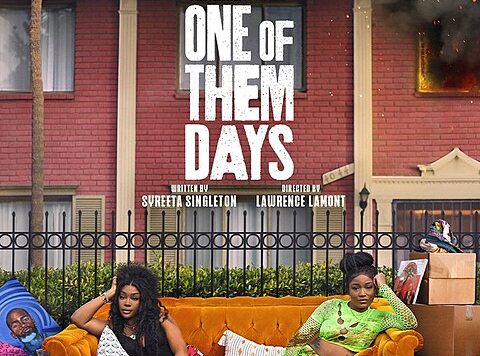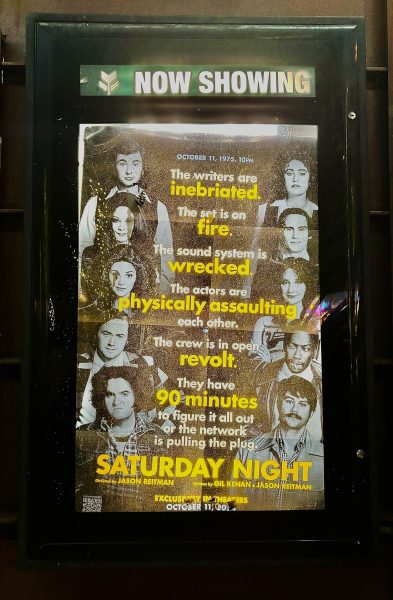20 years later, ‘Love & Basketball’ provides relevant commentary on race, gender issues
‘Love and Basketball’ was released in theatres on April 21, 2000. It was Prince-Bythewood’s directorial debut.
We’ve all had dreams. Dreams about becoming an astronaut, finding a lover or even winning the lottery, and film makes these all seem attainable — but only for a select, privileged few.
When “Love & Basketball” came to cinemas 20 years ago, the film’s initial appeal stemmed from it being an authentic coming of age story that has a diverse take on the average romantic sports movie. Producers Spike Lee and Sam Kitt, alongside first-time producer Gina Prince-Bythewood, showed that it is possible to portray a relatable love story that includes Black characters for a change.
Following a four quarter structure like a basketball game, “Love & Basketball” follows Monica (Sanaa Lathan) and Quincy (Omar Epps) as they navigate the complexity of their love through childhood, their teenage years, their college years and their professional basketball careers. It’s an unapologetically Black film, portraying a simplistic, romantic experience that wasn’t overdramatized like other films years prior that focused on Black love, like “Soul Food” or “Waiting to Exhale.”
While the romance is raw and real, there’s no romanticization of what it takes to go pro, either. The audience is exposed to how taxing the dream of being a professional basketball player is for both characters. It’s this coexistence of romance and sports that makes viewers strive for a connection as genuine as Monica and Quincy’s.
Each character is given an opportunity to develop on-screen, creating a visual dichotomy between female and male basketball players’ experience. Viewers see that Monica is more gifted at basketball than Quincy, but her road to going pro is filled with much more hardship than Quincy’s from the start. This balance of commentary on gender equality in sports while fleshing out Monica and Quincy’s love is what arguably makes “Love & Basketball” the blueprint for romantic sport films.
“Love & Basketball” is a movie for any gender at any age, as it progresses through Monica and Quincy’s lives. It’s a movie with characters to look up to, but also one to reflect on as we grow older. In this way, “Love & Basketball” is timeless.
Returning to “Love & Basketball” after 20 years is like watching it for the first time. It’s not perfect by any means, but it just feels right. Like the title suggests, “Love & Basketball” is a movie that combines the love for one another and the love for basketball as it continues to provide meaningful commentary on the Black experience. It’s the cult classic that made falling in love or going pro feel attainable for any race because “all’s fair in love and basketball.”
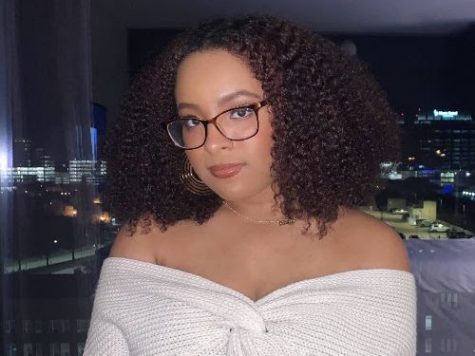
I'm Taheera Washington, and I'm one of the Newsletter Editors! I'm a senior majoring in Writing & Rhetoric with a concentration in Creative Writing...


